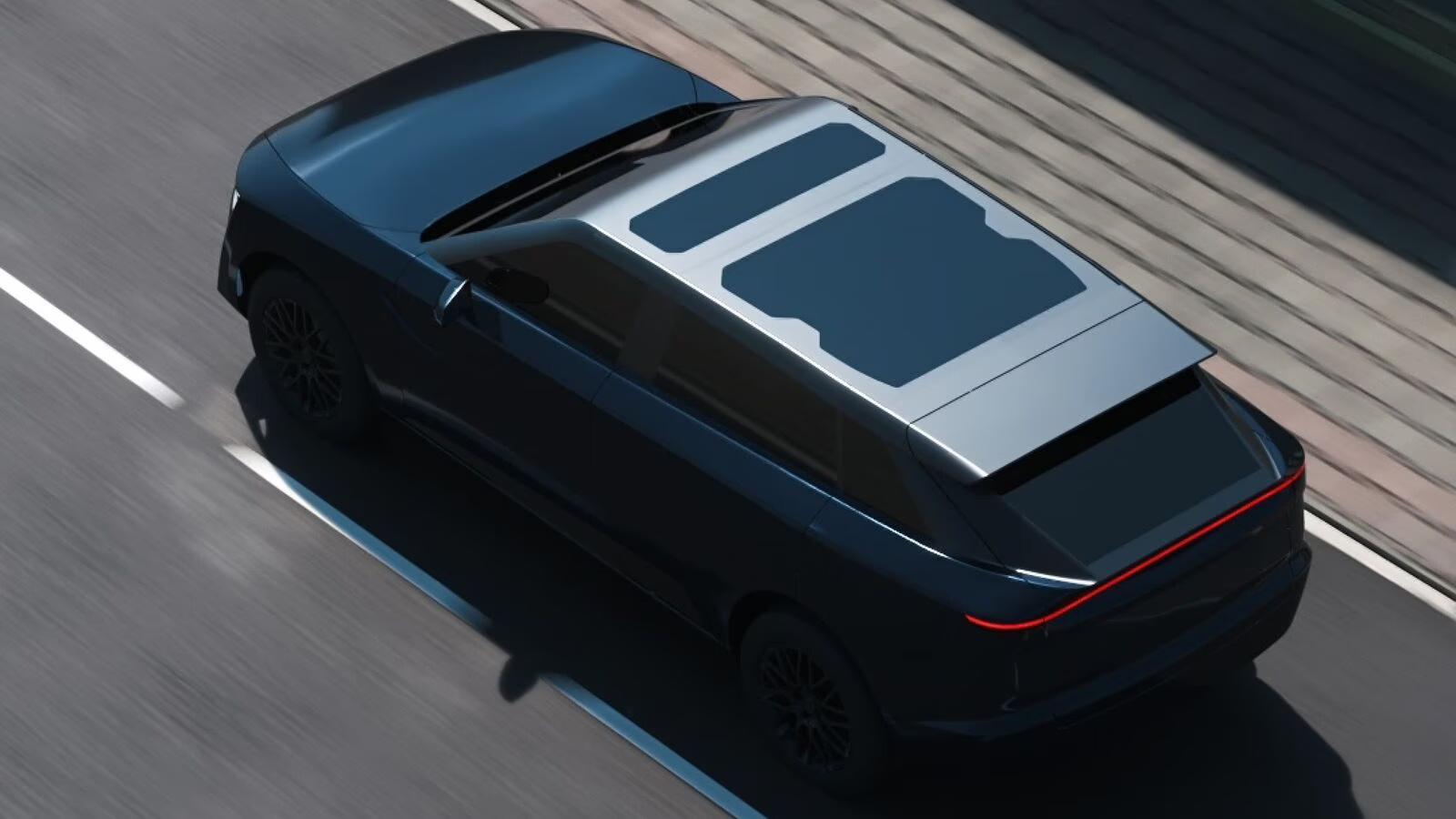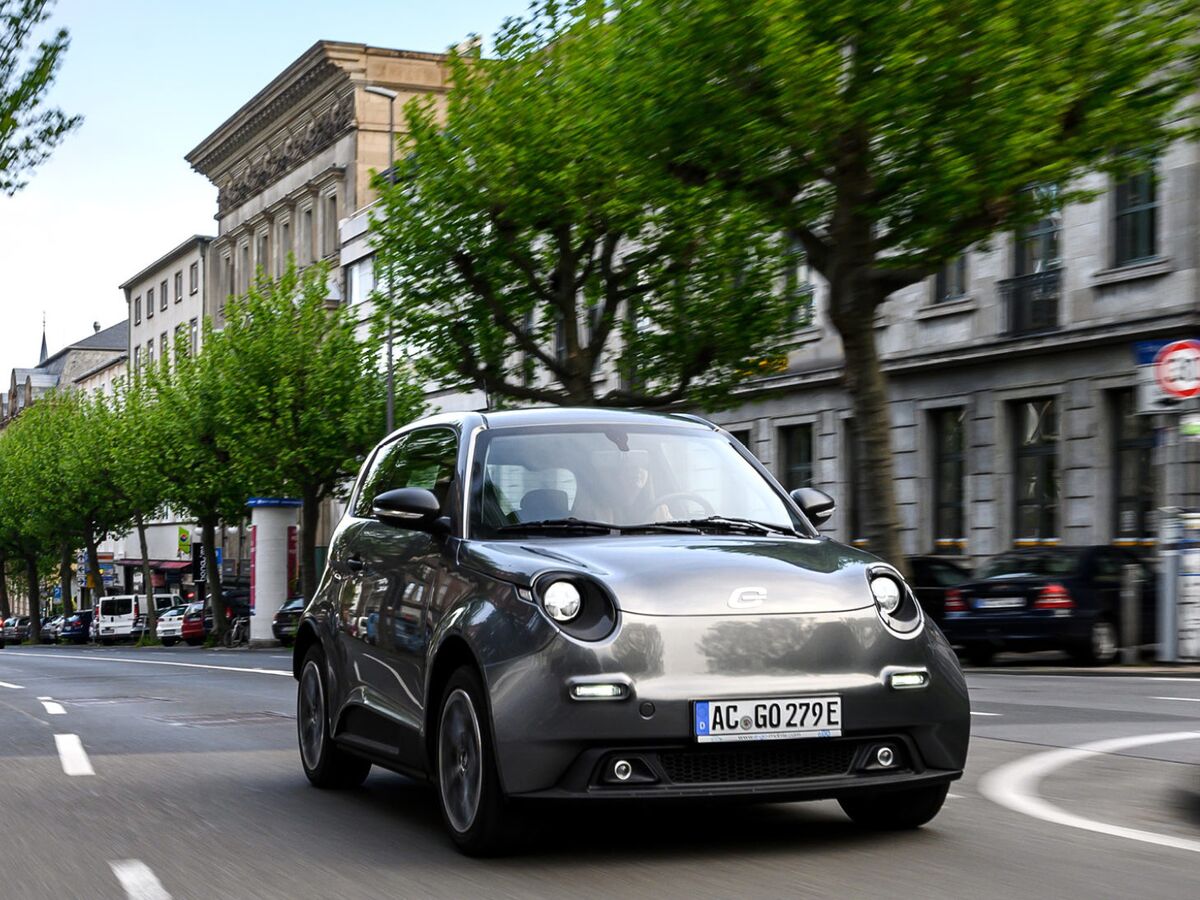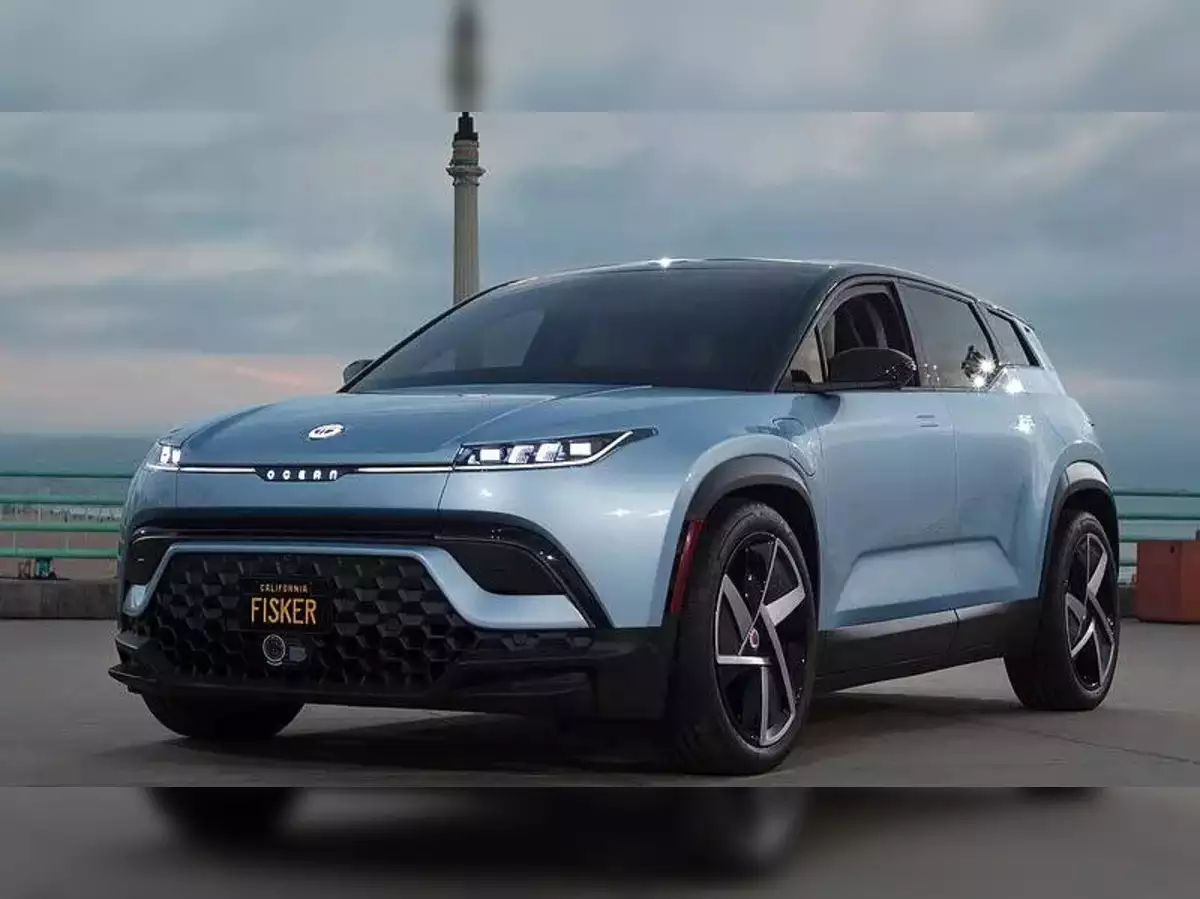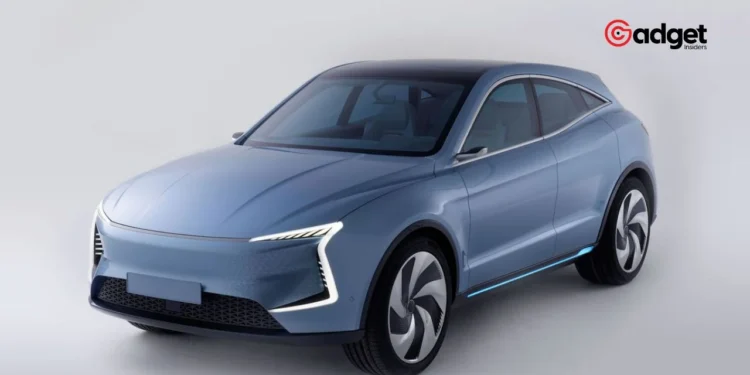In recent years, the electric vehicle (EV) industry has witnessed a remarkable surge, fuelled by increasing consumer demand for sustainable and innovative transportation solutions. However, the once-burgeoning sector is now experiencing a dramatic shift. A noticeable slowdown in Electric Vehicle demand has led to a fierce price war, putting even giants like Tesla Inc. under considerable strain.
This environment has proven even more challenging for newer, smaller players in the market.

The latest financial disclosures from Electric Vehicle startups have painted a grim picture. Rivian Automotive Inc. and Lucid Group Inc., two of the most talked-about names in this new wave of carmakers, have both reported wider-than-expected losses.
The root cause is stark: these companies are hemorrhaging funds, losing a significant amount of money for every vehicle they roll out. This week’s round of disappointing quarterly results has only confirmed the fears of many investors and industry analysts.
Survival of the Fittest: The Big Players Versus the Newcomers
For startups in the Electric Vehicle sector, the current market conditions are unforgiving. “No room for startups in this environment,” states Zacks’ analyst Mulberry, highlighting the stark realities facing these fledgling companies.
Stocks of most Electric Vehicle newbies are now trading at fractions of their previous highs, signaling a severe loss of investor confidence.
A slowdown in demand has left the electronic vehicle makers that followed Tesla to the market battling for survival https://t.co/NmzAjcMVH0
— Bloomberg (@business) May 8, 2024
At the heart of the struggle for these companies is an aggressive pricing strategy adopted by more established players to capture or maintain market share. This strategy has not only squeezed profit margins but has also made it exceedingly difficult for smaller companies with limited financial reserves to compete.
The broader implication is a market that favors the financially robust, sidelining innovators who may lack the capital to weather the storm.
Rivian and Lucid: A Closer Look at the Struggle
In New York, amidst the glitz of showrooms like that of Rivian’s, where the R1T electric pickup truck is displayed, the contrast between product promise and financial viability becomes stark. Despite the sleek design and advanced technology of vehicles like the Rivian R1T, the financial sustainability of such ventures remains in jeopardy.

For Rivian, as for many in its cohort, the challenge is not just about selling cars but selling enough of them at a profit margin that can sustain the business. The pressure to reduce prices while continuing to innovate in technology and customer experience has created a precarious balance that not all are managing to maintain.
Electric Vehicle Startups: Navigating Through Economic Headwinds
As the industry navigates through these economic headwinds, the future of many promising startups hangs in the balance. The question remains whether these companies can adapt quickly enough to an environment that is increasingly hostile to newcomers.
Strategic pivots, such as focusing on niche markets, forming alliances with larger automotive firms, or innovating in ways that significantly lower production costs, may offer some respite.

However, the path forward is fraught with challenges. The market dynamics of the Electric Vehicle industry underscore a harsh reality—the road to electrification is as much about economic resilience as it is about technological innovation.
For now, the survival of the fittest might sadly spell the end for the most creative if they aren’t backed by sufficient capital or strategic foresight.
As we watch this sector with keen interest, the coming months will be crucial in determining which of these companies can drive through the storm and who will be left behind. With investor patience wearing thin, the race is on for Electric Vehicle startups to prove their worth in an unforgiving market.










